The UK Stewardship Code
Mountstone Partners Limited is a discretionary investment manager, specialising in managing assets for retail clients. Mountstone has the permission to carry on regulated activities for professional and eligible counterparty clients.
The Stewardship Code publication by the Financial Reporting Council of the UK Stewardship Code aims to enhance the quality of engagement between institutional investors and companies so as to help improve long-term returns to shareholders and the efficient exercise of governance responsibilities. It sets out good practice on engagement with investee companies and should be applied by firms on a ‘comply or explain’ basis.
Please find below Mountstone’s statement of compliance in relation to the seven principles of the Code
Principle 1
Institutional investors should publicly disclose their policy on how they will discharge their stewardship responsibilities
Mountstone has a Stewardship Code Policy in place through which it can:
Monitor companies in which Mountstone invests for its clients; and
Intervene with those companies, where necessary, on issues that are likely to impact the economic interest Mountstone’s clients hold through their investments.
The policy is intended to be sufficiently wide-ranging to reflect Mountstone’s global approach to investment and thereby operate consistently across all markets in which it invests for clients.
Principle 2
Institutional investors should have a robust policy on managing conflicts of interest in relation to stewardship and this policy should be publicly disclosed
It is our policy and duty to act in the best interests of all of our clients. Mountstone has a detailed policy on managing potential conflicts of interest in accordance with the standards required by the Financial Conduct Authority. Our policy on managing potential conflicts of interest can be found on Mountstone’s website and the register of potential conflicts are both available on application to the Compliance Officer at Mountstone’s registered office. All reasonable steps are taken to prevent conflicts of interest arising but in the event that a conflict does arise, Mountstone always places the interests of its clients above its own and if a conflict arises between clients, then Mountstone will do its best endeavours to treat all its clients fairly. Specific policies have been implemented to manage conflicts arising in connection with personal account dealing, client order handling, best execution, and inducements. Mountstone does not trade for itself and does not hold proprietary positions.
Principle 3
Institutional investors should monitor their investee companies
Mountstone continually monitors its investee companies as part of the asset management process conducted on behalf of its clients. This includes reviewing publicly available information on all investee companies, as well as third party investment research and industry / peer group comparison. Where applicable and where it is in the best interests of our clients, we will monitor an investee company at board level to ensure that the company’s leadership is effective and that the board is adhering to the UK Corporate Governance Code. This may be done by direct engagement with individual board member or attendance at general meetings.
Mountstone seeks to avoid the situation whereby Mountstone would become an insider. Our policy is to ensure wherever possible that an investee company does not communicate inside information to any director or employee of Mountstone without their prior agreement. We have established policies and procedures to cover market abuse and the potential misuse of inside information.
Principle 4
Institutional investors should establish clear guidelines on when and how they will escalate their activities as a method of protecting and enhancing shareholder value
Mountstone retains discretion over how and when it may escalate its activities in respect of intervention. Active intervention may take place if Mountstone believes that this course of action would be in the best interests of its clients. When an issue is identified, Mountstone may raise it directly with the board or senior management of the investee company. Performance and governance issues might be raised at meetings or telephone conferences with senior management, or by Mountstone directly approaching the company or its advisers.
Principle 5
Institutional investors should be willing to act collectively with other investors where appropriate
Mountstone may consider acting collectively with other investors when this is legally permissible and appropriate. Mountstone is also prepared to be bound by any restrictions on its freedom to act as a consequence of its participation in a collective agreement. Any enquiries in respect of collective engagement should be addressed to the Compliance Officer at Mountstone’s registered address.
Principle 6
Institutional investors should have a clear policy on voting and disclosure of voting activity
Mountstone exercises voting rights in shares where it is in its clients’ interests to do so.
As we act as agent for its clients’ assets, any voting record is available to its clients either via their custodian or directly from Mountstone. We do not publicly disclose voting records as we believe that this information is confidential to our clients.
Principle 7
Institutional investors should report periodically on their stewardship and voting activities
Mountstone reports to its clients in accordance with its regulatory reporting requirements and its obligations under its agreements with its clients. The content of these reports will include full disclosure of its stewardship and voting actions tailored to each client’s specific requirements.
Mountstone does not disclose its stewardship and voting activities to the public or consider it necessary to seek an independent opinion of its engagement and voting processes. Mountstone considers Mountstone’s internal controls to be robust and appropriate for the size and complexity of the company.
